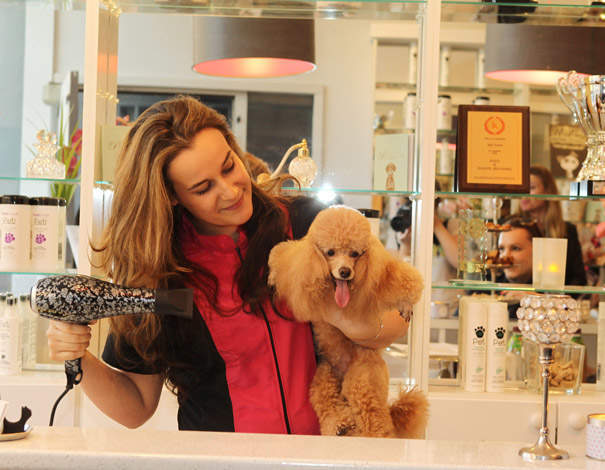
Britain is a nation of animal lovers, demonstrated by the whopping £5 billion a year spent on pets.
But whether your tastes are domestic or exotic, owning a pet can come at a hefty price.
Here are some of the most expensive pets to own in UK.
Though both dogs and cats are by far the most popular pet of choice, there is a wide range of animals available to keep and look after at home, whether it’s a white lion cub or a chimpanzee. These exotic animals are not a popular choice but they’re undeniably some of the most expensive to own, however, even the most popular pets can be pricey too.
Taking into account the price of the pet, its enclosure and a standard batch of food, research by PromotionalCodes.org.uk revealed the costs of owning ten of the most popular pet breeds in the UK, including a dog, cat and rabbit.
Parrot
A parrot is the most expensive pet to own in the UK costing around £1,000. It was revealed that opting for a striking Grey African Parrot will cost £1,000-£2,500 on average.
Lizard
While the parrot was discovered to be the highest priced option, the lizard followed in second place. The bearded dragon is the most picked reptile to have as a pet in the UK and can cost over £200 to purchase – with a suitable vivarium coming in at approximately £100-£200 (including a heat lamp, UV light, thermostat…) and £6-£10 per week on food.
Dog
Exotic animals aside, the dog is the third most expensive pet to own with an average of around £400. With the most popular breed in the UK being the Black Labrador, a Kennel Club registered Labrador costs around £1000-£2000 pounds. Other expenses include an indoor cage for night time and travelling, which costs around £50-£100. As for food, it can cost around £20-£50 per month. Cats however, were revealed to be, out of ten, the second cheapest pet to own. The price of a non-pedigree kitten can range from £0-£200, while a cat carry box is, on average, priced at approximately £20 and food costs around £13 per month.
Tortoise
The price of a pet tortoise on average is £200, while a tank is, on average, priced at £80 and food £10.
Ferret
A ferret is the fifth most expensive pet to own in the UK and can cost up to £100. Prices for ferret cages range between £100-£300 and food costs around £7-£10 per month.
A spokesperson for PromotionalCodes.org.uk said: “Owning a pet can seem like a great idea, especially families wanting a dog or cat to complete their home. However, many people are unaware of the actual costs that come with pet ownership. Buying an animal in the first place is always going to be costly, whether you choose a popular or unusual species or breed. On top of that, the food is always going to be hefty every week”.
On the list of the most popular pets to own in the UK, the rabbit, guinea pig, goldfish, cat and hamster were revealed to be the cheapest to own.
While the price of the pets can vary depending on breed, other factors contribute such as health and hygiene – which are often overlooked.
More from Spear’s
A Dog’s Life: West London’s Pampered Pooches
Lease restrictions: are your pets in peril?
Karl Lagerfeld’s cat – a legal opinion






